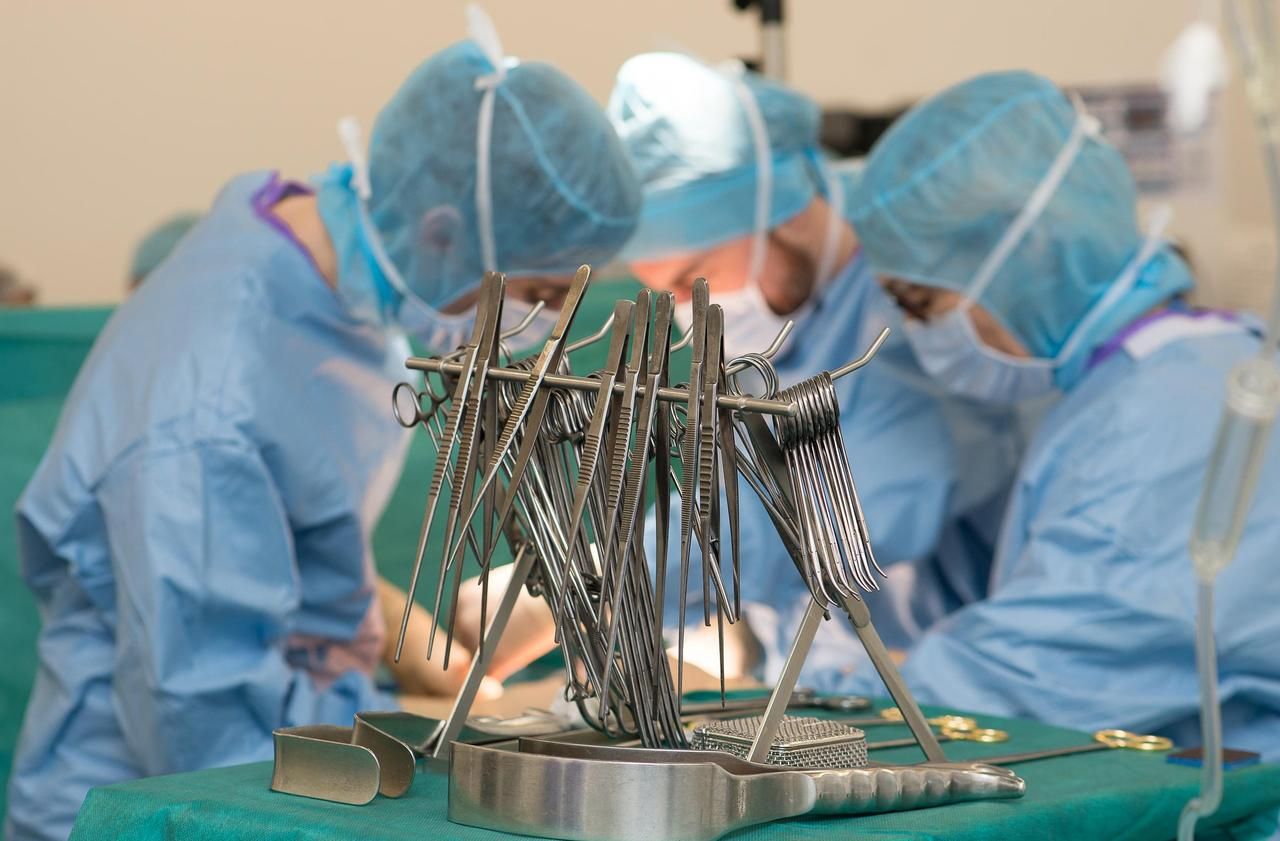According to Claude, 65, “it's a dirty trick”.
While, during the first confinement, 220 kidney grafts had been lost because they could not be transplanted, now the second wave of Covid-19 which is falling threatens patients again with a loss of luck.
Three times a week, this health consultant, suffering from end-stage chronic kidney disease, walks to his dialysis center, a machine that filters out toxins that his kidneys cannot eliminate.
Already transplanted years ago, Claude has been patient for a year in the hope of a new transplant.
“I tell myself that my waiting time will inevitably increase.
I hope it won't be too long, I'm still 65, he said.
During the first wave, transplantation, however a priority, took a back seat as hospitals were overwhelmed by the epidemic, today it is starting again.
It's hard to swallow.
"
Avoid contamination in the hospital
While more than 16,000 people in France are waiting for a kidney, and 600 fewer transplants have been carried out in 2020, associations and doctors are sounding the alert.
"We must save the kidney transplant," they claim, worried about the teams' lack of preparation.
If the first episode in March surprised everyone, this time around, the organization must take precedence over astonishment.
In the spring, kidney operations were stopped on March 16, while more urgent ones on the heart, lungs and liver continued.
"For these patients, there is dialysis as an alternative, and we wanted to avoid contamination in the hospital, knowing that they are immunocompromised", explains Professor Lionel Rostaing, nephrologist at the CHU de Grenoble (Isère) and member of the medical committee and scientist from the Renaloo kidney disease association.
READ ALSO>
"Let's not forget our patients": the call of doctors for non-Covid patients
But at the end of September, in the midst of the epidemic's rebound, the Biomedicine Agency had issued its recommendations to maintain this activity at all costs.
No more question of a new stop.
In order to avoid possible infections, she asked to preserve negative Covid channels, that is to say without virus patients, in certain operating theaters and intensive care units where patients are admitted a few hours after their transplantation.
And if the transplant is not possible, it must take place in another establishment.
But now, maintaining lines without Covid seems increasingly difficult as infected patients flock.
So we need a plan for the hospital.
“We are asking the government for a national roadmap urgently.
All means must be implemented so that the scenario of spring does not happen again, says Yvanie Caillé, founder of Renaloo.
What is the protocol to follow if a center is no longer able to transplant?
Which hospital is taking over and how are the teams organized among themselves?
We want it to be written in black and white.
"
Catastrophic consequences
The consequences of new transplant postponements would be catastrophic.
It's not just about waiting six more months for a kidney.
“If we call you, it's because we have a compatible donor, in age and blood types.
To miss this chance is unfair because we do not know when it will present itself again ”, affirms professor Alexandre Hertig, nephrologist at the Pitié Salpêtrière in Paris.
Newsletter - Most of the news
Every morning, the news seen by Le Parisien
I'm registering
Your email address is collected by Le Parisien to enable you to receive our news and commercial offers.
Learn more
But aren't patients at risk of being infected with the Covid?
“During the first wave, we realized that dialysis patients on the waiting list were infected twice as many as transplant recipients.
Probably the former take more risks by going to the center, they go out, take transport, meet more people while the latter have protected themselves by staying at home.
But that info, he said, "we didn't have it six months ago."

